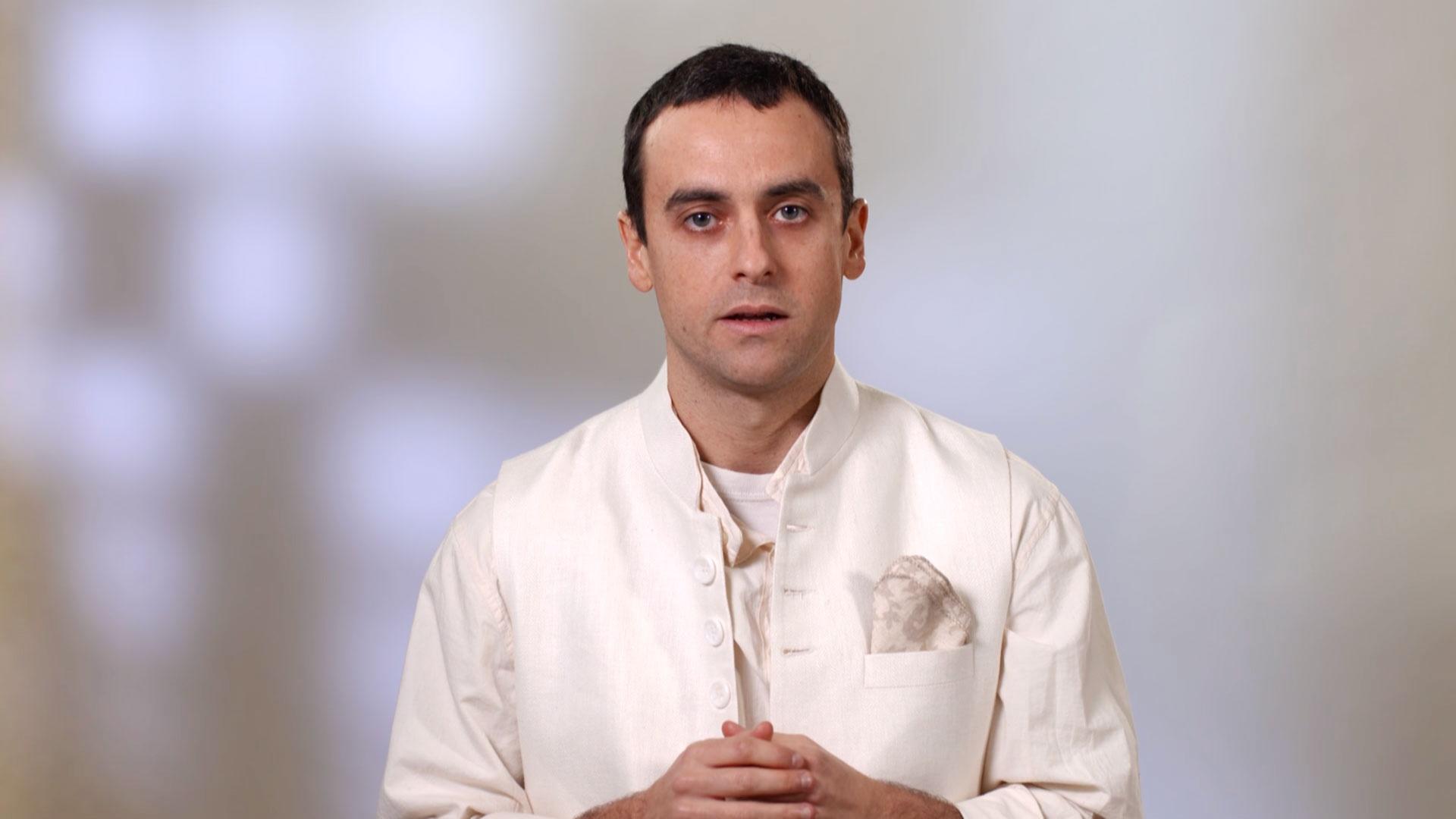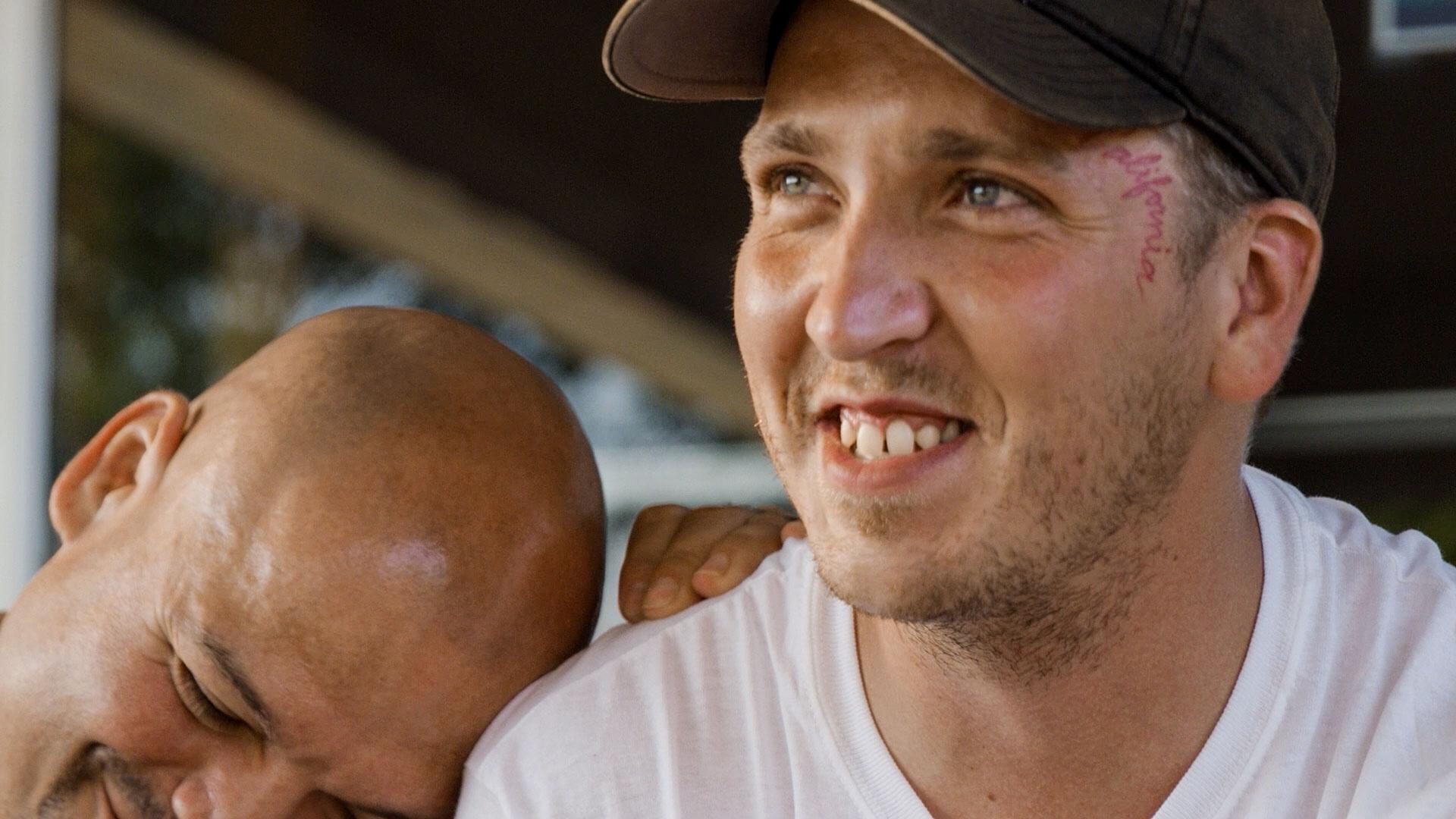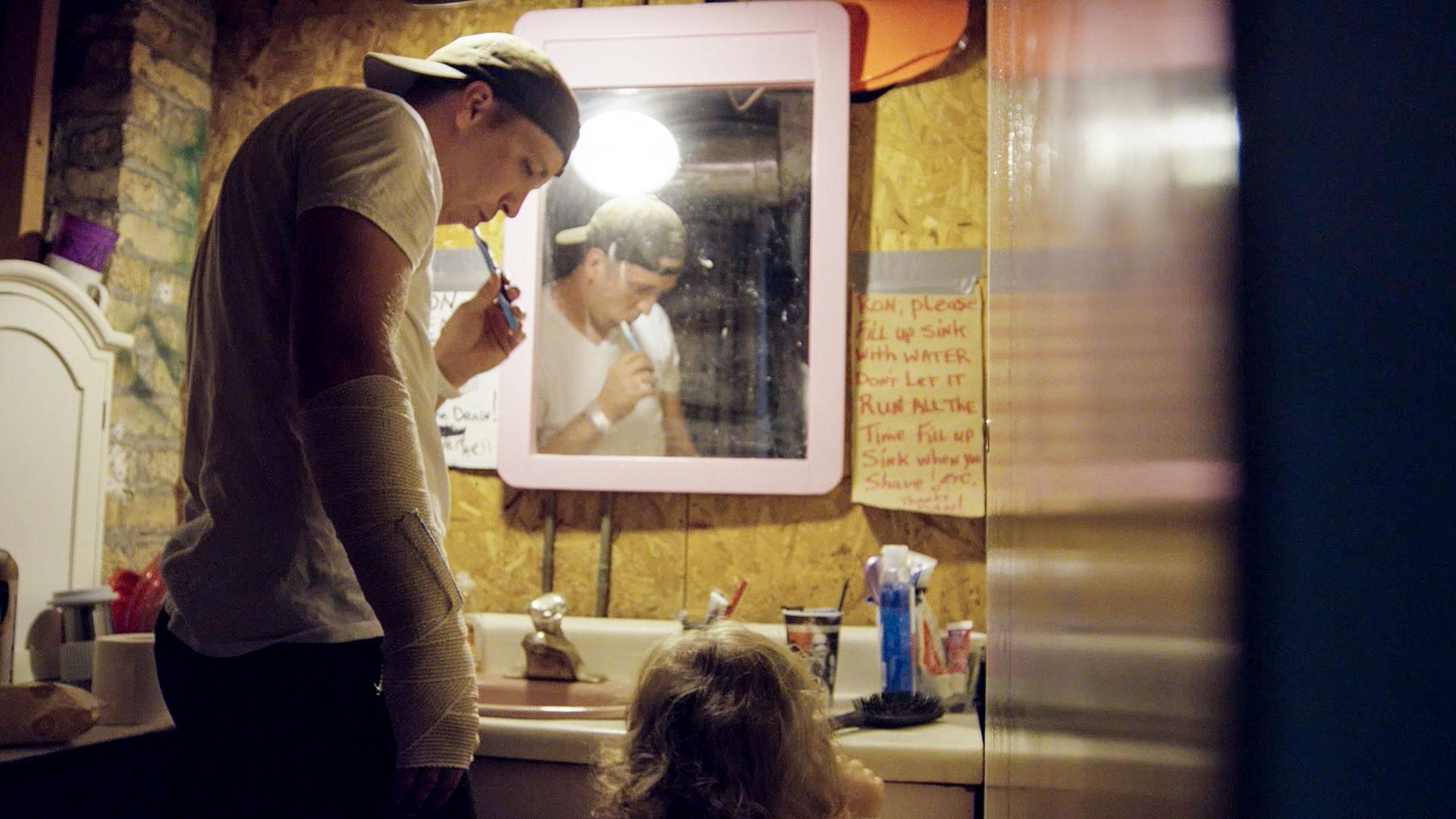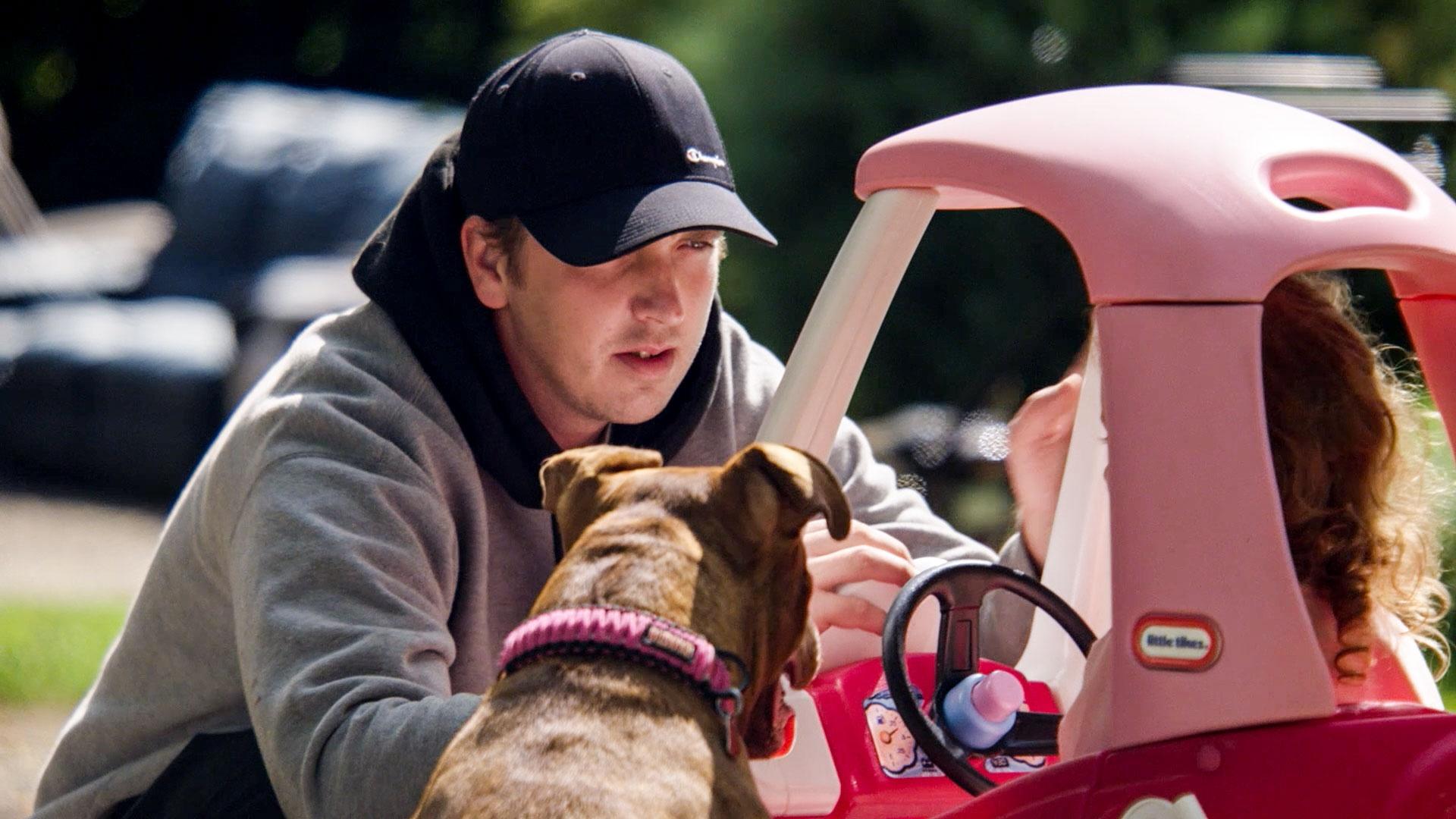Gary Ladehoff | Stories | FIRSTHAND: Living in Poverty
Suburban Poverty Dramatically Increasing Compared to Chicago – and the Pandemic Is Only Expanding the Gap
A lack of public transportation, job opportunities, and stable housing options, plus the fallout from the Great Recession, have increased suburban poverty.
Growing up in Zion, Illinois, Gary Ladehoff remembers seeing poverty all around him, from dirty alleys to vacant buildings to low-income, single-parent families like his living in Section 8 housing. He didn’t have a male role model and was exposed to violence, drugs, and gangs from a young age.
Now a parent himself, he is coming to understand how difficult it is to emerge from poverty in places such as Zion and be a good father to his 3-year-old daughter, Mia.

Watch: Policing the Poor
“I want to get her away from the environment I grew up in and how I grew up,” Ladehoff told WTTW. “I don’t want her to have to struggle with anything – clothes, money, or lights getting shut off. I want her to be proud of her dad.”
But balancing work, child care, and finances has been difficult when he earned roughly $800 a month as a line cook and dishwasher in the summer of 2020 in a city that lacks economic opportunity and stable employment.
And Ladehoff feels stuck living in a small city such as Zion, where public transportation is minimal.
As a single father, he’s constantly arranging rides from friends to pick him up, drop off his daughter with a babysitter or his sisters, take him to work, and then do it all over again after he finishes his shift. He’s been saving up money for a car, but it is a slow process with the little leftover money he has after each paycheck.
“I need [a car] to look for a better job to actually save money in the long run, so I can get out of where I’m living,” Ladehoff said, who was paying about $400 a month for a basement unit. “[I need a car] so I don’t have to worry about being late for work [since] things are so spread out.”
Compared to Chicago, suburban residents such as Ladehoff looking to get ahead face unique challenges, such as access to public transportation, health care, food, education, and good-paying jobs.
While poverty in Chicago increased by 2 percent between 1990 and 2014, poverty increased more than 100 percent in the last 30 years in the suburbs. The trend is especially pronounced in DuPage, McHenry, Kane, and Lake Counties.
In Lake County, where Ladehoff lives, poverty grew by 151 percent from 1990 to 2014, according to an analysis of data from the American Community Survey and the census by professor Scott W. Allard, who teaches social policy at the University of Washington. Allard is the author of the 2017 book Places in Need: The Changing Geography of Poverty, which examines the rise of suburban poverty in Chicago, Los Angeles, and Washington, D.C. areas and its correlation with metro cities.
Allard said the Great Recession of 2007 to 2009 hit suburbs particularly hard, as did structural economic changes that picked up speed in the last 15 years. As industrial jobs disappeared in such places as Lake County, suburbs saw job growth for low-skilled workers in retail and service industries, which typically do not pay enough to get a family above the poverty line, he said.
Allard said contrary to common belief, low-income families leaving the city for the suburbs and the recent arrival of immigrants and refugees are not responsible for the growth in suburban poverty.
“People have become poor in place because of changes in the labor market, changes in economic opportunity, and minimum wages have not kept up with the cost of living,” Allard said.
He said another factor is the recession’s housing market collapse in the suburbs that’s mirroring the urban poverty explosion of the 1970s and ’80s that represent how housing trends have been building for decades in the suburbs and affect poverty.
Although Lake County is the third most populated county in the state and is one of the wealthiest areas in the country, its inequity is stark. In 2017, the average income in Lake Forest was $269,614, whereas in Zion – just roughly 14 miles away – it was $63,532. Other low-income towns such as Waukegan, North Chicago, and Great Lakes also have a low median income compared to wealthy suburbs such as Highland Park, Deerfield, and Barrington.
Maggie Morales, executive director of the Lake County Community Foundation (LCCF), which aims to improve the quality of life for residents through financial support, civic leadership, and resource programs, said the lack of investment and infrastructure in low-income cities and the geographic distance between them and higher opportunity areas makes closing the gap difficult. Moreover, the geographic separation of suburban cities makes it hard to see the bigger picture of suburban poverty, she said.
“Lake County is unique because you have extreme wealth and extreme poverty residing side by side,” Morales said. “There’s a 14-year life expectancy difference in the county, which is nauseating to think about.”
Morales said there’s a misconception that suburban poverty doesn’t exist because rich suburbs like Lake Forest tend to be the face of the area. Another common misconception is that only people of color or immigrants live in poverty. About 38 percent of the mostly white Lake County population lives in poverty, she said.
Zion, where Ladehoff lives, had a 19.5 percent poverty rate in 2014, according to data from the Lake County Department of Health’s Community Health Assessment, though it is likely higher because of low response rates.
With an easy smile across his face, Ladehoff calls himself a genuine person who wants to do right by his daughter and live a simple life, despite his past mistakes. Even though he doesn’t make a lot of money, the support from his friends have helped provide stability. And his daughter Mia saved him from spiraling into his former life, he said.
“She gives me that feeling that somebody needs me and depends on me, and I’ve never really had that feeling before,” he said.

Gary Ladehoff grew up in Zion, Illinois—a city that lacks economic opportunity and stable employment. Suburban residents looking to get ahead like Ladehoff face unique challenges compared to cities such as Chicago. Photo by Liam Alexander for WTTW
Matt Thornton, a 16-year veteran police officer with the Zion Police Department, has been a longtime mentor and friend to Ladehoff. He used to arrest him when he was a teenager, but now he regularly checks up on him and throws him some cash when needed.
“I always worry about him because Gary is like a little brother,” Thornton said. “I just want to make sure he is OK. He’s trying his best.”
Thornton is the founder of My Father’s Business, a group that helps at-risk youth in Zion get off the streets by providing them with indoor activities, job training, warm meals, and a prayer circle.
Thornton’s organization offers hope, guidance, and tools for youth to take care of themselves, learn about financial security, and stay out of trouble. It’s his way to help shrink the inequality and cut the generational pattern of poverty and violence. He explains that nearly 35 percent of housing in Zion is paid for with Section 8 vouchers.
“From my perspective as a detective and with my group, the thing that’s the most stark is the amount of fatherless homes,” Thornton said. “That means a lot of hopelessness, no male guidance, and a lot of open-air drug markets.”
Every Friday night since 2014, Thornton has brought together more than 100 youth and created a tight-knit family inside two gyms. He’s watched kids go into higher education, join the military, and get jobs. But when the pandemic hit, he was forced to close down for about five months, which he said led to trouble on the streets. Shootings and stolen cars were up, as well as arrests and other criminal activity in Zion.
Low-income suburbs in Lake County, which were already struggling with economic growth, are being hit particularly hard by the pandemic. North Chicago, Waukegan, Zion, and parts of Round Lake rank high on the Social Vulnerability Index. The index, released every four years by the Center for Disease and Prevention, indicates communities that may need support in preparing for hazards or recovering from disasters, using factors such as rates of unemployment, socioeconomic status, housing, and transportation.
“Suburban poverty is continuing to increase and 2020 has amplified that, because you now have this group of individuals and families who are experiencing poverty for the first time at the worst time,” Maggie Morales said.
To combat the rising number of at-risk residents due to the pandemic, the Lake County Community Foundation began a COVID Crisis Relief Fund to help struggling families. The fund started in April and has raised close to $1.1 million, with $900,000 already invested in the community, she said. The organization also partnered with local nonprofits to offer pop-up markets and food pantries, particularly to residents who have the virus or are immunocompromised and cannot leave their homes.
With a group of more than 90 donors, LCCF grant recipients have been fortunate to receive money during these trying times. But seeing the lasting damage from the pandemic compounding the economic and housing hardship already widespread in the suburbs, Morales fears that the recovery process will be long and painful for those living in poverty. She said the suburbs and local agencies need to come together now more than ever to spread the wealth, particularly to the areas with high social vulnerability.
“We don’t have enough crisis response money because some in our community have the luxury to say, ‘We are done caring,’” she said. “It can be easy for people to get lax and not see the impact COVID is having – but COVID is not going to be fixed overnight. It’s going to have big implications. It’s really important right now to invest in your neighbors. Philanthropy cannot fill the hole.”




